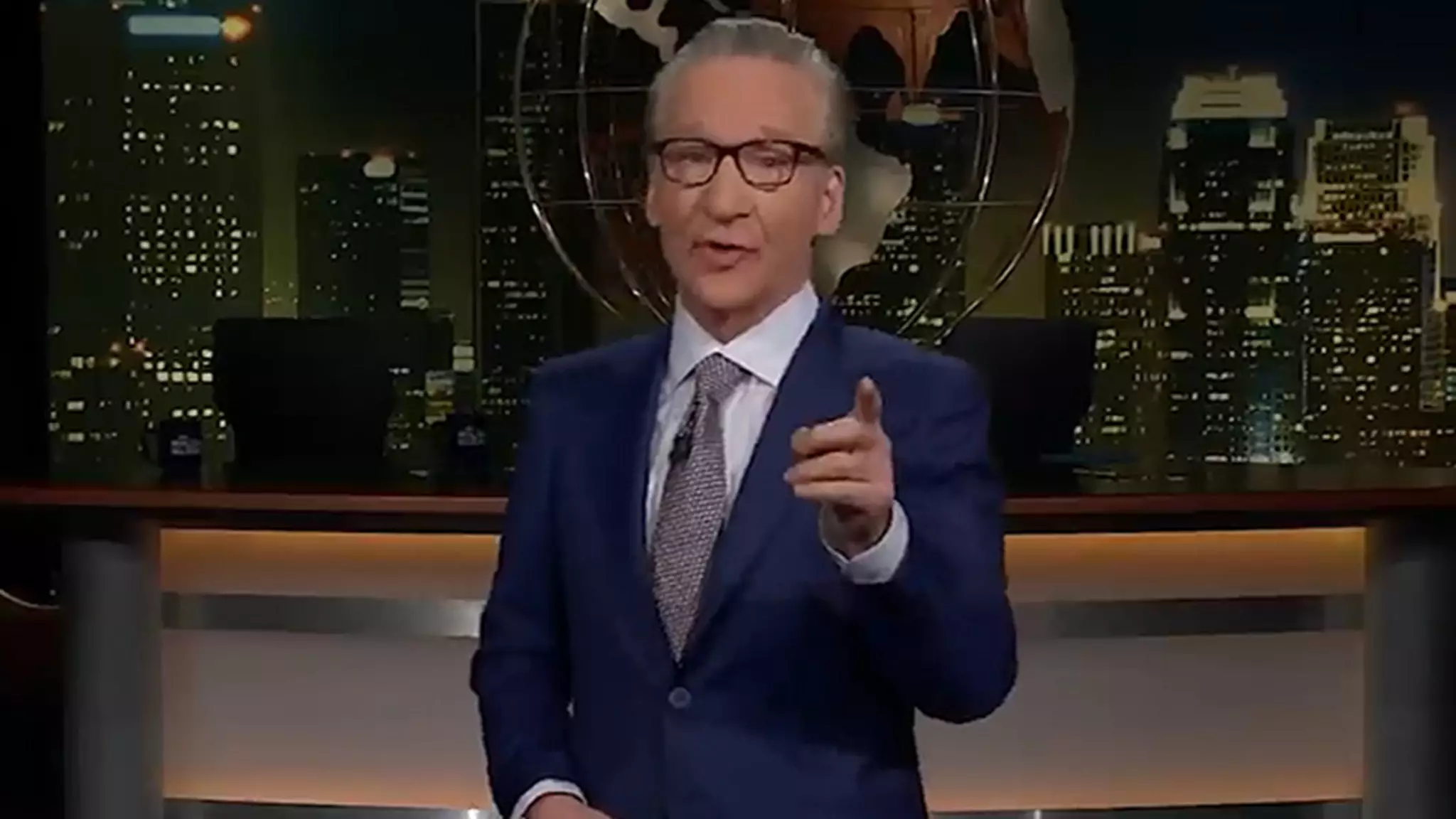In the world of celebrity politics, few names stir as much conversation as Donald Trump and Bill Maher. Recently, Maher shared his reflections on a dinner with Trump, which has sparked fierce debate. While Maher characterized Trump as a disarmingly charming and self-deprecating individual, a substantial number of critics believe he is misguided. This clash of perception hints at a more nuanced interplay of public persona versus private reality.
Maher’s assertion that the “real” Trump is likable and engaging points to a deeper question about authenticity in leadership. He recalls a dinner filled with laughter and easy conversation, claiming to have seen a side of Trump that is far removed from the brash public figure we often witness. With four decades of experience entertaining and engaging audiences, Maher considers himself adept at reading people. However, his confidence might overlook a critical layer of Trump’s persona, one crafted meticulously over years of public life, both in real estate and celebrity culture.
The Image vs. Reality Dichotomy
Critics argue that Maher’s portrayal of Trump overlooks a fundamental truth: the apparent warmth could be part of a larger performance. Those who have interacted with Trump behind closed doors suggest his charm is a calculated act, honed through decades of networking within New York’s elite circles. It’s well-regarded in these circles that Trump’s alleged self-deprecation could simply be a tactic to disarm critics while masking a far more vindictive nature.
This perspective is not simply a matter of opinion but rather a reflection of Trump’s unique approach to politics and relationships. According to critics, Trump’s ability to take criticism is grossly overstated. They argue that at his core, he remains deeply sensitive to any form of challenge, often seeking retribution against those who oppose him — a stark contrast to Maher’s description of a man who can take jabs in good humor.
The Misjudgment of Public Perception
What this debate underscores is a critical misjudgment that can occur in the realms of entertainment and politics. Maher himself, despite his impressive career, may fall prey to the allure of charm, conflating it with genuine character. It begs the question: are we in an age where charisma can overshadow substance? In our politically charged environment, this becomes particularly disconcerting. The functionality of leadership should be judged on policies and outcomes, not merely on charisma or perceived candor.
Moreover, social media’s reaction to Maher’s comments reveals the polarizing nature of contemporary discourse. Outrage against his opinions comes from both sides of the political spectrum, showcasing the conflicting narratives about Trump’s character. As Maher defiantly tells his detractors to “f*** off,” he inadvertently reinforces the divisive rhetoric that has come to characterize our political climate.
It’s essential to recognize that Maher’s dinner anecdote is not just a personal reflection; it serves as a microcosm for the polarized views of a divided nation. The ongoing dialogue surrounding Trump’s true nature invites more than just superficial commentary—it calls for deep reflection on how leaders are perceived and the performative aspects of their roles in a media-saturated world.

